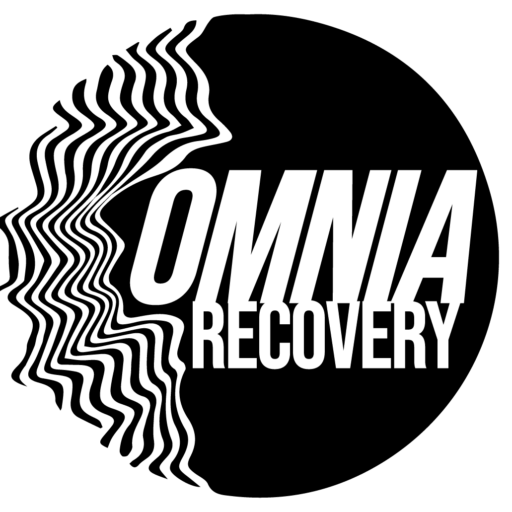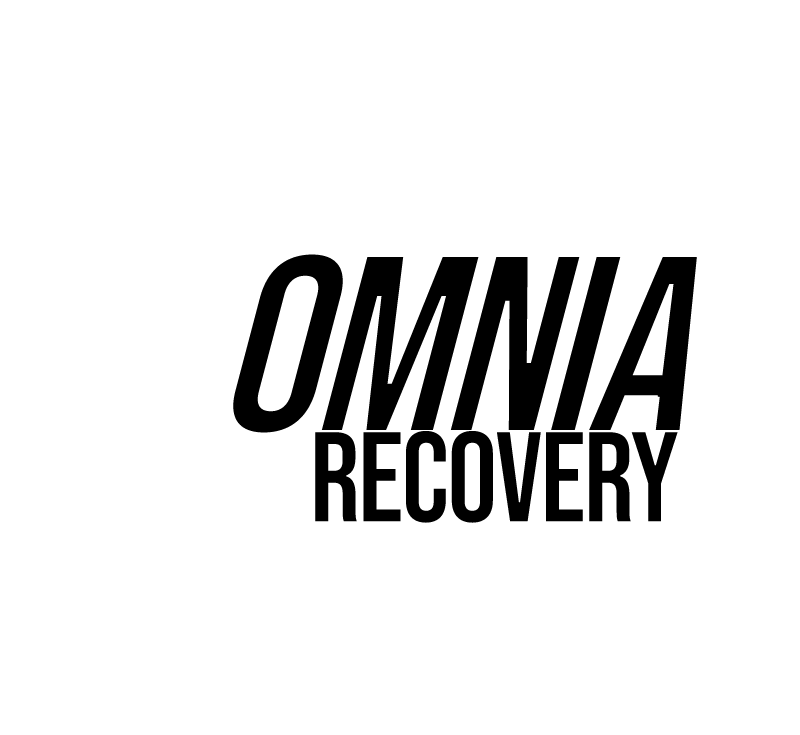One common concern individuals have when considering addiction treatment is whether they can continue working during the recovery process. At Omnia Recovery, we understand the importance of maintaining employment and financial stability while prioritizing health and well-being.
Assessing Your Situation
Deciding whether to work during treatment depends on various factors, including the nature of your job, the intensity of your treatment program, and your personal circumstances. Here are some considerations to keep in mind:
Type of Treatment Program
The level of treatment you’re participating in can impact your ability to work. Intensive inpatient programs may require full-time commitment and limited external activities, while outpatient programs offer more flexibility for maintaining work schedules.
Workplace Environment
Evaluate your workplace environment and whether it’s conducive to supporting your recovery. Consider factors such as stress levels, triggers, and the availability of supportive colleagues or supervisors.
Health and Well-Being
Prioritize your health and well-being above all else. Recovery requires focus, energy, and dedication, and it’s essential to assess whether working during treatment would jeopardize your progress.
Benefits of Working During Treatment
For individuals navigating addiction treatment, the decision to continue working can offer significant advantages beyond financial stability. Here are some compelling benefits of maintaining employment during the recovery process:
Financial Stability and Stress Relief
One of the primary advantages of working during treatment is the assurance of financial stability. Maintaining employment ensures a steady income, which can alleviate stress related to daily expenses, bills, and financial obligations. This stability fosters a sense of security and reduces anxiety, allowing individuals to focus more fully on their recovery journey.
Routine and Structure
Work provides a structured routine that can be instrumental in supporting recovery efforts. Having set work hours and responsibilities fosters a sense of purpose and direction, which is particularly valuable during the sometimes unpredictable phases of early recovery. Establishing a daily routine that includes work can enhance overall stability and contribute positively to mental and emotional well-being.
Social Support and Normalcy
Interacting with colleagues and peers in a work environment can offer invaluable social support and a sense of normalcy. Building and maintaining relationships at work provides opportunities for positive social interactions, camaraderie, and a distraction from the challenges of recovery. Feeling connected to others in a professional setting can boost self-esteem and reinforce a sense of belonging, which are essential components of a successful recovery journey.
Skill Development and Personal Growth
Engaging in work during treatment allows individuals to continue developing valuable skills and abilities. The responsibilities and challenges of the job can promote personal growth, enhance problem-solving skills, and boost self-confidence. Acquiring new skills or advancing professionally can be empowering and contribute positively to self-esteem and recovery progress.
Distraction and Healthy Coping Mechanisms
Work can serve as a healthy distraction from addictive behaviors and triggers. Immersing oneself in productive tasks and goals provides a constructive outlet for managing stress and cravings. Engaging in meaningful work can instill a sense of accomplishment and fulfillment, reinforcing positive coping mechanisms that support long-term recovery.
Tips for Balancing Work and Treatment
If you decide to work while in treatment, consider the following strategies to manage both effectively:
Communicate with Your Treatment Team
Discuss your work commitments with your treatment team to ensure they align with your recovery goals. They can provide guidance on managing stress and balancing responsibilities.
Set Realistic Expectations
Be realistic about what you can handle while in treatment. Set boundaries and prioritize self-care to prevent burnout and maintain progress in recovery.
Practice Self-Care
Dedicate time for self-care activities outside of work and treatment sessions. This can include mindfulness practices, exercise, or hobbies that promote relaxation and well-being.
Utilize Supportive Resources
Lean on supportive resources such as colleagues, friends, and family members for assistance and understanding during this challenging time.
Contact Omnia Recovery to Learn More
While the decision to work during treatment is highly individualized, it’s essential to prioritize your recovery and well-being above all else. At Omnia Recovery, we support individuals in finding a balance that works for them, whether that involves continuing to work or taking a temporary leave to focus solely on recovery.
If you’re considering addiction treatment and have questions about balancing work commitments, reach out to us today. Our compassionate team is here to provide guidance, support, and personalized treatment options tailored to your unique needs and circumstances.




